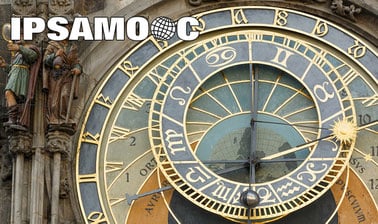- Level Foundation
- Ratings
- Duration 4 hours
- Course by Università degli Studi di Napoli Federico II
- Total students 3,719 enrolled
-
Offered by

About
This course is part of the IPSAMOOC project, a joint venture Federica Weblearning - IPSA, the International Political Science Association
The course explores global order and local disorders to explain why International Studies in the West are moving towards a planetary approach to World politics. Thinking globally helps explain new links between changes in the natural environment (demographics and climate) and changes in governing Institutions. Will societies and peoples find a way to get along together despite intractable conflicts and divergence of social and national interests? Will States delegate enough sovereignty to universal organizations, rather than keeping power within national borders? Will the world ever be governed, and more democratically governed? This course in global politics aims to explore these key questions. It draws on a mix of disciplines - anthropology, history, sociology, economics and psychology - and a mix of paradigms, as no one approach is sufficient to explain the complexity of global issues today. Combining various ways of thinking creates a more complete picture of the myriad transactions that make the planet evolve towards a more complex equilibrium.
Regarding video lectures:
- The course text is in English
- The course videos are spoken in French
- The course videos have closed captions available in English, French, and Spanish
What you will learn
- Understand the links between nature and politics
- Learn the significance of universal organisations vs local power structures
- Explore how a complex equilibrium that aims at a sustainable future for humanity might be achieved
Skills you learn
Auto Summary
Discover the dynamic field of Global Politics with this comprehensive course, part of the IPSAMOOC project by Federica Weblearning and the International Political Science Association. Focused on the interplay between global order and local disorders, this course integrates anthropology, history, sociology, economics, and psychology to tackle key questions about governance, environmental changes, and international cooperation. Perfect for beginners, the course offers four weeks of engaging content, including English texts and French video lectures with multilingual subtitles. Available through edX on a starter subscription, it's ideal for those passionate about personal development and understanding world politics.

Yves Schemeil


